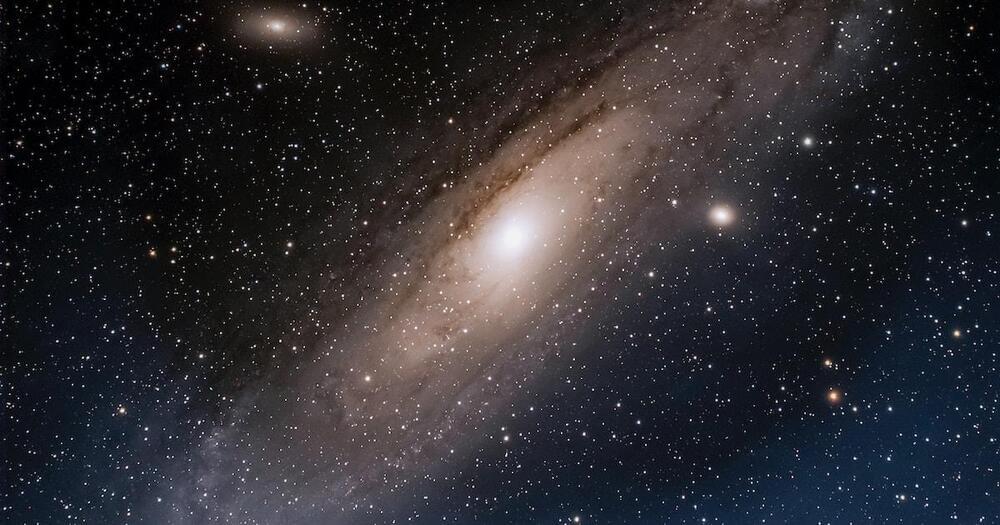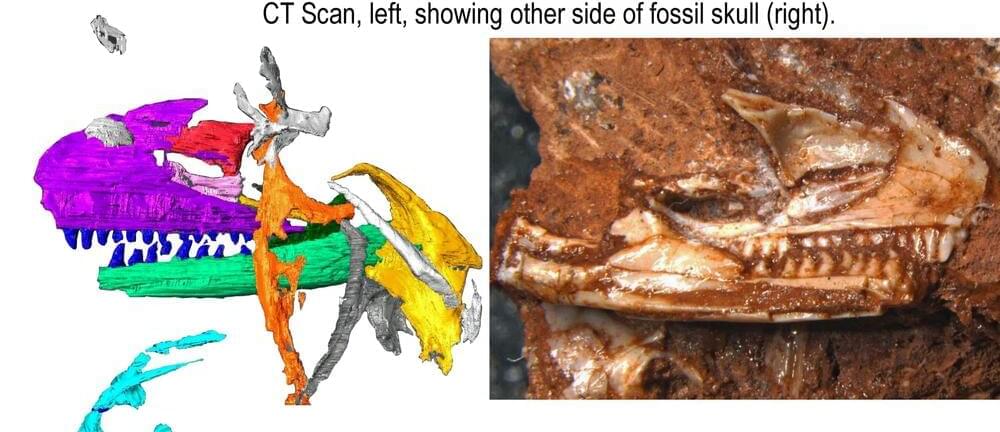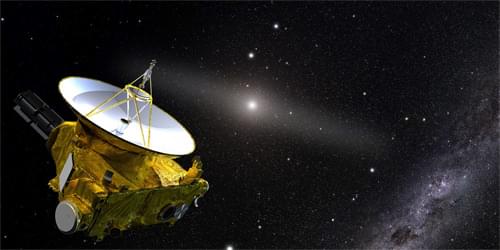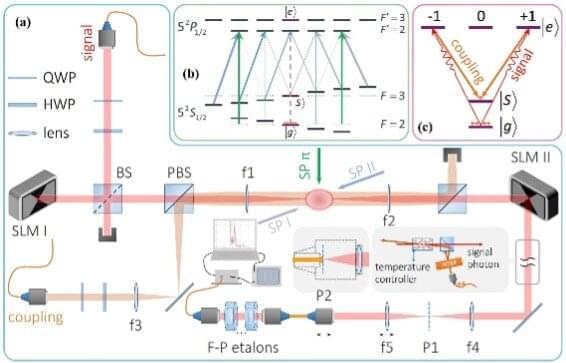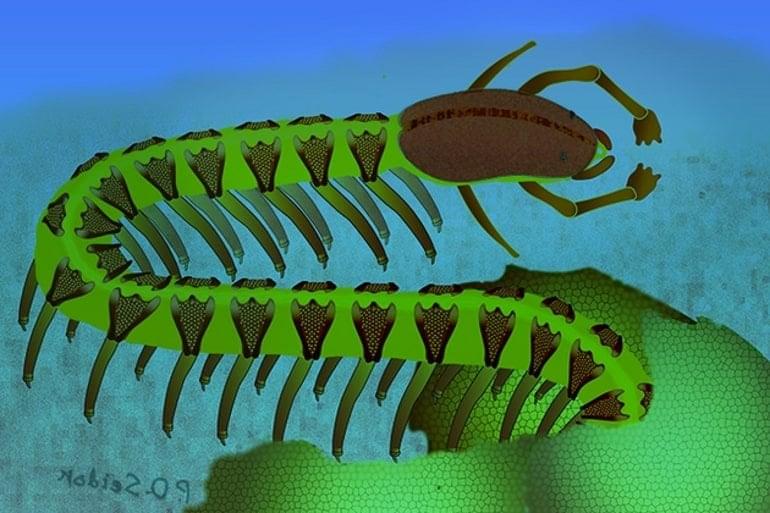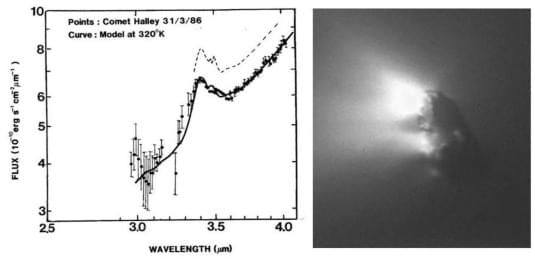“What this new result does is provide a clearer picture of how our local universe has come together — it is telling us that at least in one of the large galaxies, there has been this sporadic feeding of small galaxies,” Lewis said in a press release.
Globular clusters are at the center of this research. They’re older associations of stars that have lower metallicity. There are at least 150 in the Milky Way, likely more. They play a role in the galactic evolution, but the role isn’t clearly understood. Globulars, as they’re known, are more prevalent in a galaxy’s halo, while their counterparts, open clusters, are found in the galactic disks.
The researchers behind this work identified a population of globulars in Andromeda’s inner halo that all have the same metallicity. Metallicity refers to the elemental makeup of stars, with elements heavier than hydrogen and helium referred to as metals in astronomy. The globulars have lower metallicity than most stars in the same region, meaning they came from elsewhere, not from Andromeda itself. It also means they’re older since there were fewer heavy elements in the early Universe than there are now. Lewis named the collection of globulars the Dulai Structure, which means black stream in Welsh.
